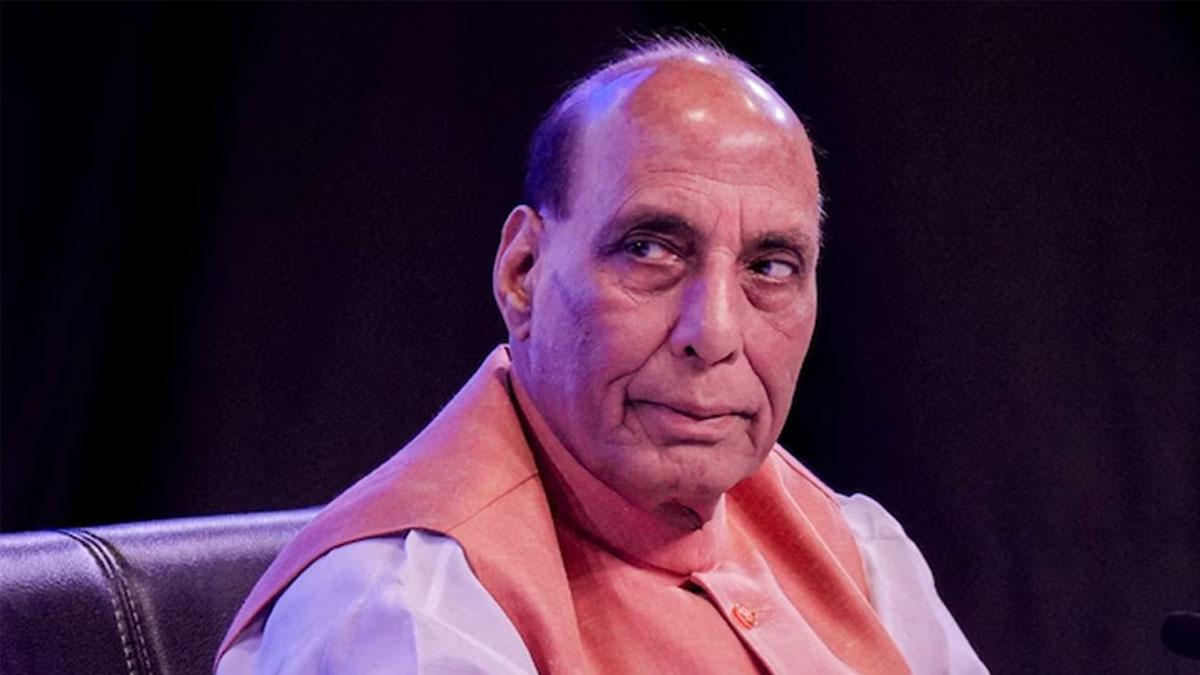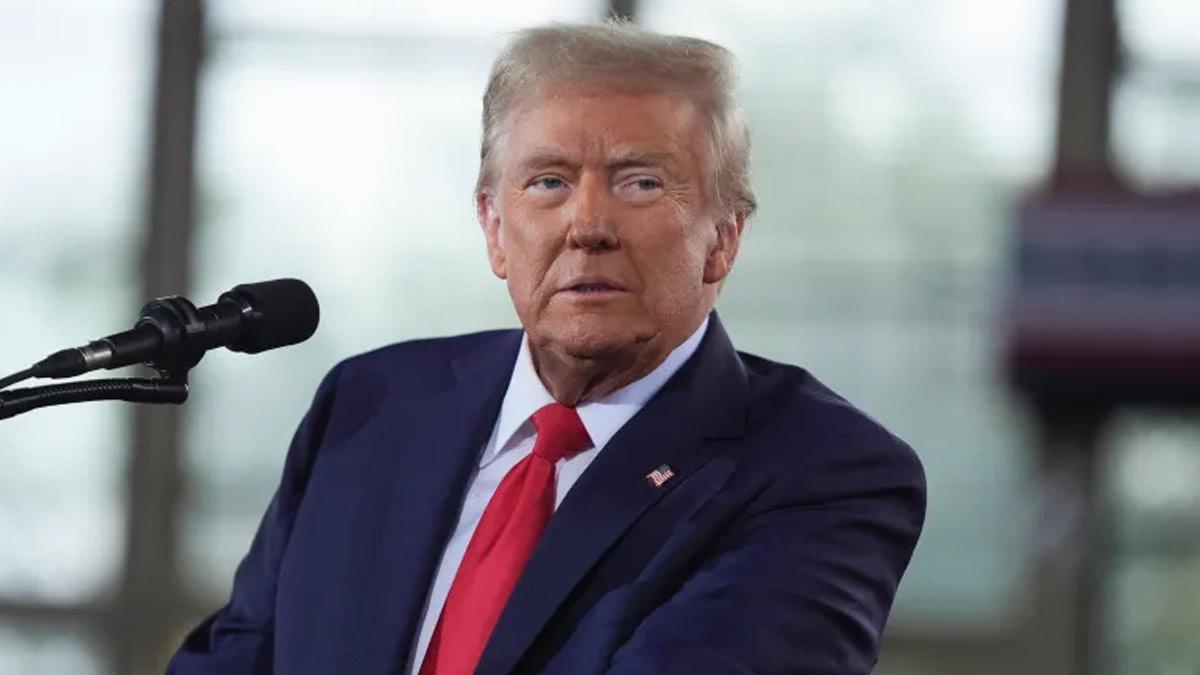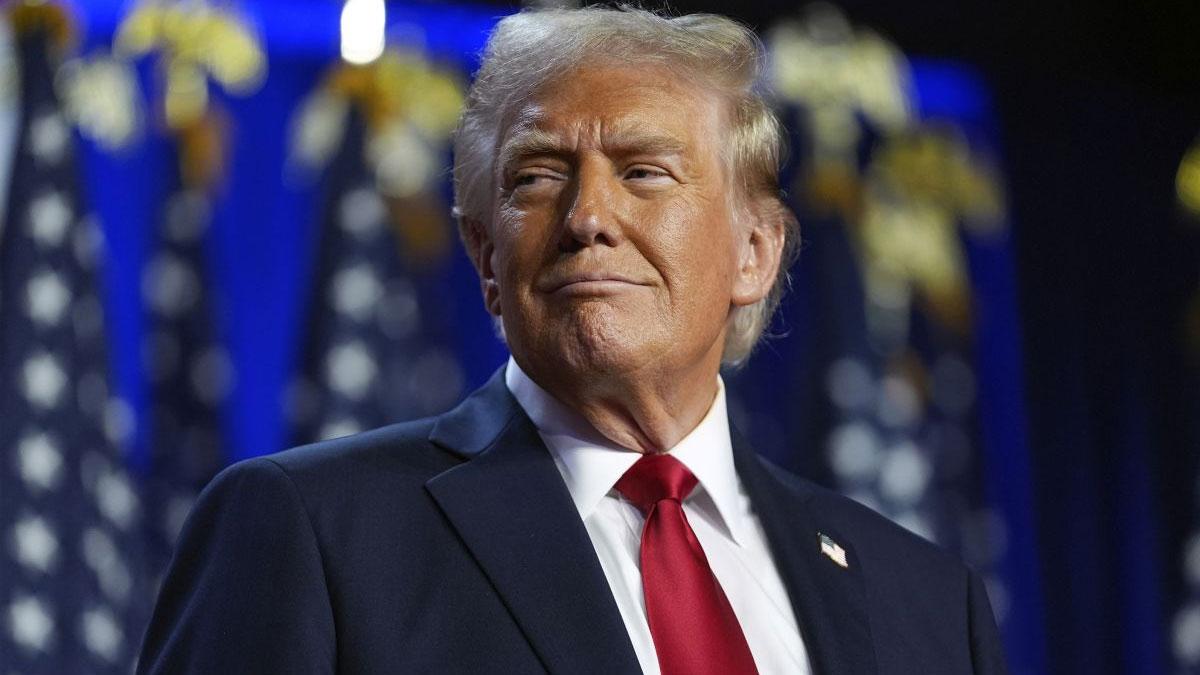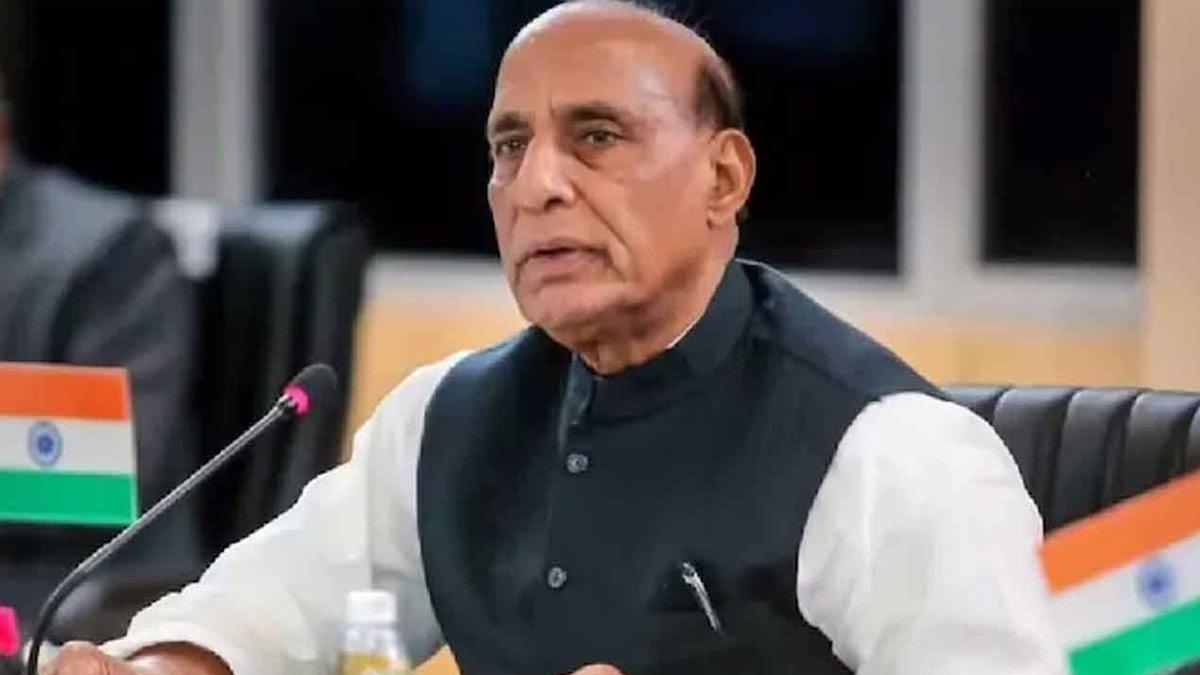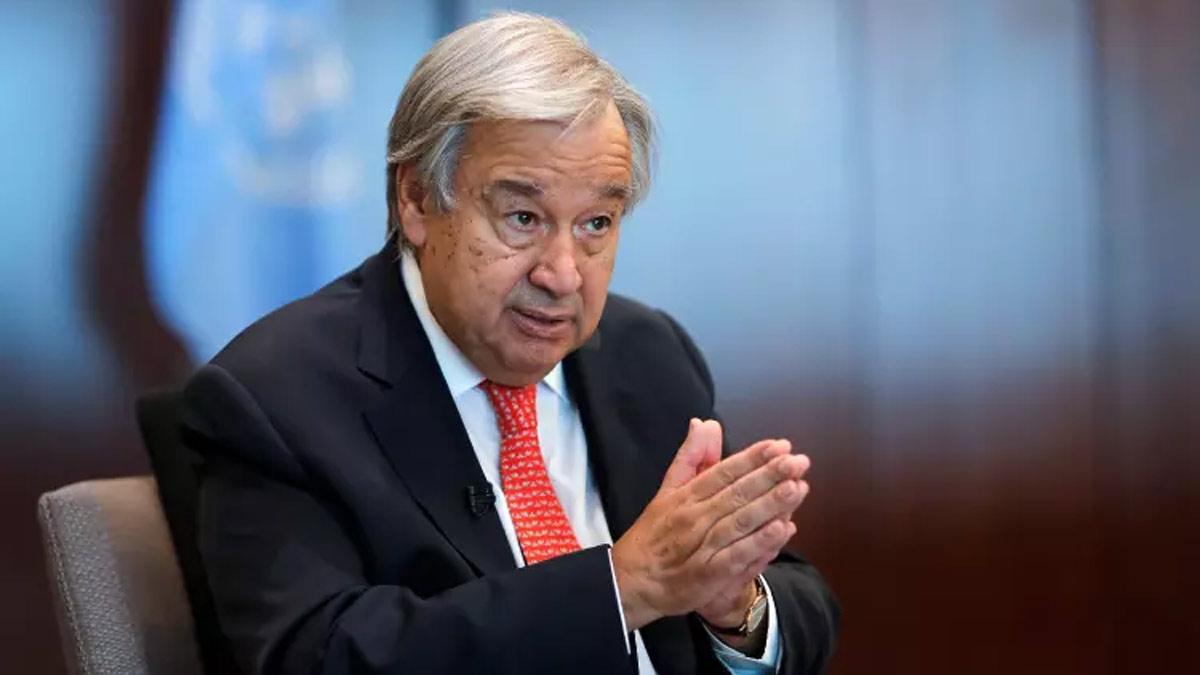At the Shanghai Cooperation Organisation (SCO) defence ministers' summit in Qingdao, China, on Thursday, Indian Defence Minister Rajnath Singh kept his signature on a planned joint communique pending.
The move followed the fact that the document did not refer to the April 22 Pahalgam terrorist attack, which killed 26, and did not explicitly mention India's longstanding reservations about Pakistan's facilitation of cross-border terrorism.
Singh had insisted on putting in a reference to the Pahalgam attack, in which terrorists had attacked civilians. Pakistan's delegation demanded, though, a section in the communique describing insurgent violence in Balochistan — a problem Islamabad has often attributed to supposed Indian intervention.
Due to the disagreement, the SCO member nations were not able to approve the communique. Ministry of External Affairs spokesperson Randhir Jaiswal explained: "The SCO Defence Ministers' conference was held in China. We know that the member nations were not able to agree on some issues and therefore the document could not be finalised."
He further added, "India desired issues to be included in the document, to which one country was not agreeable. The joint statement therefore could not be adopted."
Because of the SCO's need to have a consensus from all its members, Singh's objection hindered the finalization of the joint declaration. The meeting of the SCO defence ministers was therefore left without a common statement.
India, which became a full member of the SCO in 2017, is a member of the alliance along with countries like China, Russia, Pakistan, Kazakhstan, Kyrgyzstan, Tajikistan, Uzbekistan, Iran, and Belarus.
Singh's visit to China is the first by an Indian defence minister after the military standoff between Indian and Chinese troops in the Galwan Valley in 2020. Interestingly, Prime Minister Narendra Modi skipped the 2024 SCO summit at Astana. This year, the summit will be held in Tianjin, and indications are that Modi could attend, particularly after his meeting with Chinese President Xi Jinping in Russia in October — a move viewed as part of the general easing of bilateral relations.
National Security Adviser Ajit Doval met China's Foreign Minister Wang Yi on June 23 in Beijing on the fringes of an SCO security council secretaries' meeting, marking sustained diplomatic interaction between the two countries.
During his stay in Qingdao, Singh also had bilateral discussions with Russian Defence Minister Andrey Belousov. In a social media post, he called the talks a move towards cementing the age-old India-Russia defence cooperation.
Addressing the SCO forum, Singh strongly criticized Pakistan’s persistent support for terrorism across borders. He called for accountability of all those involved in facilitating terrorism, including its sponsors and financiers.
“Some countries use cross-border terrorism as an instrument of policy and provide shelter to terrorists. There should be no place for such double standards. The SCO should not hesitate to criticise such nations,” he stated.
Singh underlined that India has radically changed its counter-terrorism approach and urged SCO nations to reject selective means against terrorism. "Addressing these challenges demands firm action. It is essential that those who support, foster, and employ terrorism for their selfish and limited purposes need to face the consequences," he insisted.
He also disclosed that the modus operandi of the Pahalgam attack was similar to the pattern of earlier attacks planned by the Lashkar-e-Taiba group.
"During the terror attack in Pahalgam, the victims were shot once they were profiled on religious identity. The Resistance Front, a proxy of United Nations-designated terror organization Lashkar-e-Taiba, took responsibility for the attack," Singh added.
He ended by making a reference to an earlier pledge made by SCO members in the reign of India: "The joint statement of the Council of SCO Heads of State on 'Countering Radicalisation leading to Terrorism, Separatism and Extremism' released during India's chairmanship emblematises our collective pledge."
Read also| Report: U.S. Strikes on Iran Left Nuclear Sites Intact
Read also| Rajnath Singh Declines to Sign SCO Document Over Omission of Cross-Border Terrorism Issue

